Bangui, Central African Republic, MINA – More than 20 Muslims were killed in a mosque in the Central African Republic’s southeast during Friday prayers, community leaders said Saturday.
“The victims were at the mosque when Anti-balaka militants stormed the mosque, killing at least 20 worshipers,” Anadolu Agency reported, citing Abdouraman Bornou, a local community leader.
The incident took place at the Djimbi Mosque, in the country’s southeast.
Ousman Mahamat, a Muslim community leader, said, “what has just happened in Djimbi is devastating.”
Also Read: UN Experts Warn Right Violations in Kashmir by Indian Authorities
Since 2013, thousands of people have been killed in sectarian conflict in the country, and thousands have fled their homes to seek refuge in neighboring countries, including Cameroon and Chad.
In a 2015 report, Amnesty International has estimated that more than 5,000 people, most of them civilians, have died in sectarian violence in the Central African Republic despite the presence of international forces.
The country’s UN peacekeeping mission, the Multidimensional Integrated Stabilization Mission in the Central African Republic or MINUSCA, strongly condemned the violence.
“The violence resulted in the death of several members of the Muslim community. MINUSCA and the government of the Central African Republic will dispatch a joint mission to Kembe in the coming hours to take stock of the situation on the ground,” said a MINUSCA statement.
Also Read: At Least Nine Children and One Woman Killed in Pakistani Airstrike on Afghanistan
‘MINUSCA deplores the wave of violence … which has resulted in several casualties, including peacekeepers. These acts of violence have contributed to the increase in the number of displaced persons and paralyzed humanitarian work.”
Seleka versus Anti-balaka
Violence erupted in the central African state in 2013, when Muslim Seleka rebels ousted then-President Francois Bozize, a Christian leader, who himself came to power in a 2003 coup.
Fierce fighting has continued between Muslim Seleka and Christian Anti-balaka rebels.
Also Read: Pakistan Condemns Israeli Settler Attacks in West Bank, Al-Aqsa Storming
The Anti-balaka militia is made up of people from the southern and western part of the country, who are mostly Christians. The insurgent group identifies itself as a Christian militia.
It surfaced in 2013 as a self-defense group to fight against the Seleka militia that ousted Bozize, and is dominated by his supporters.
Some former members of the nation’s armed forces who remained loyal to Bozize belong to the group.
The Seleka is an alliance of several armed groups from the majority-Muslim northeastern part of the country.
Also Read: China Criticizes US-Drafted UN Gaza Resolution as Vague, Abstains from Vote
Almost half of the country’s population depends on humanitarian assistance, according to the UN Office of Coordination for Humanitarian Affairs. (T/RS5/RS1)
Mi’raj Islamic News Agency (MINA)
Also Read: Former Bangladesh PM Sheikh Hasina Sentenced to Death





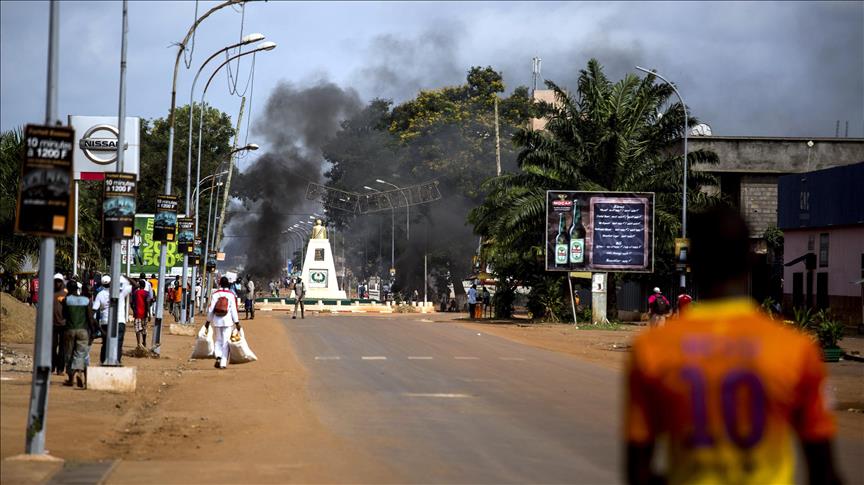

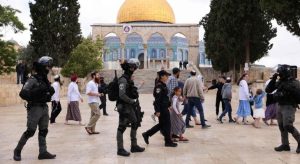
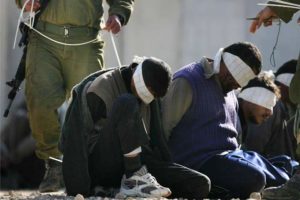

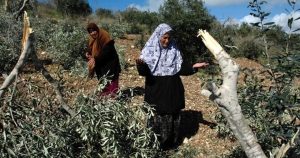

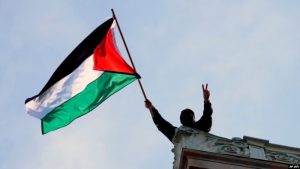

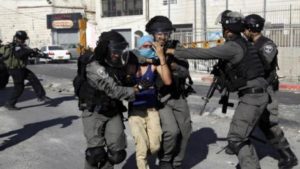
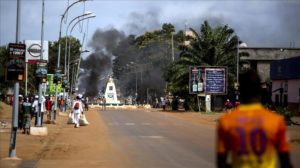
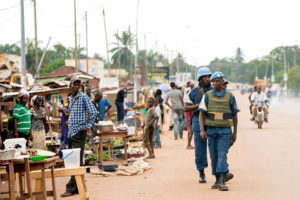













 Mina Indonesia
Mina Indonesia Mina Arabic
Mina Arabic